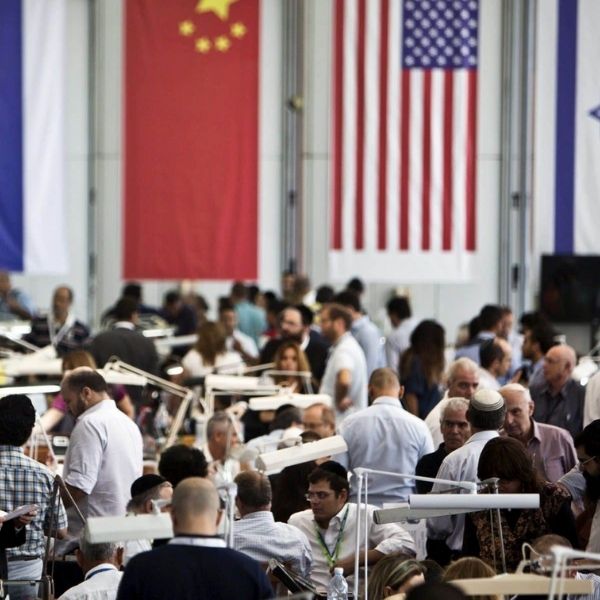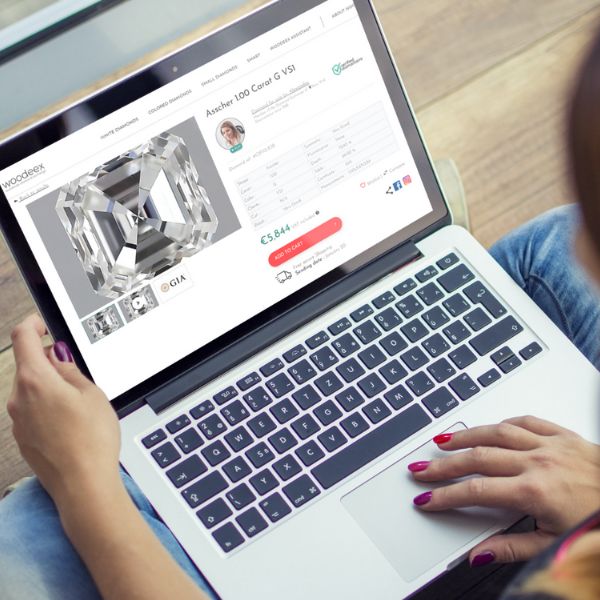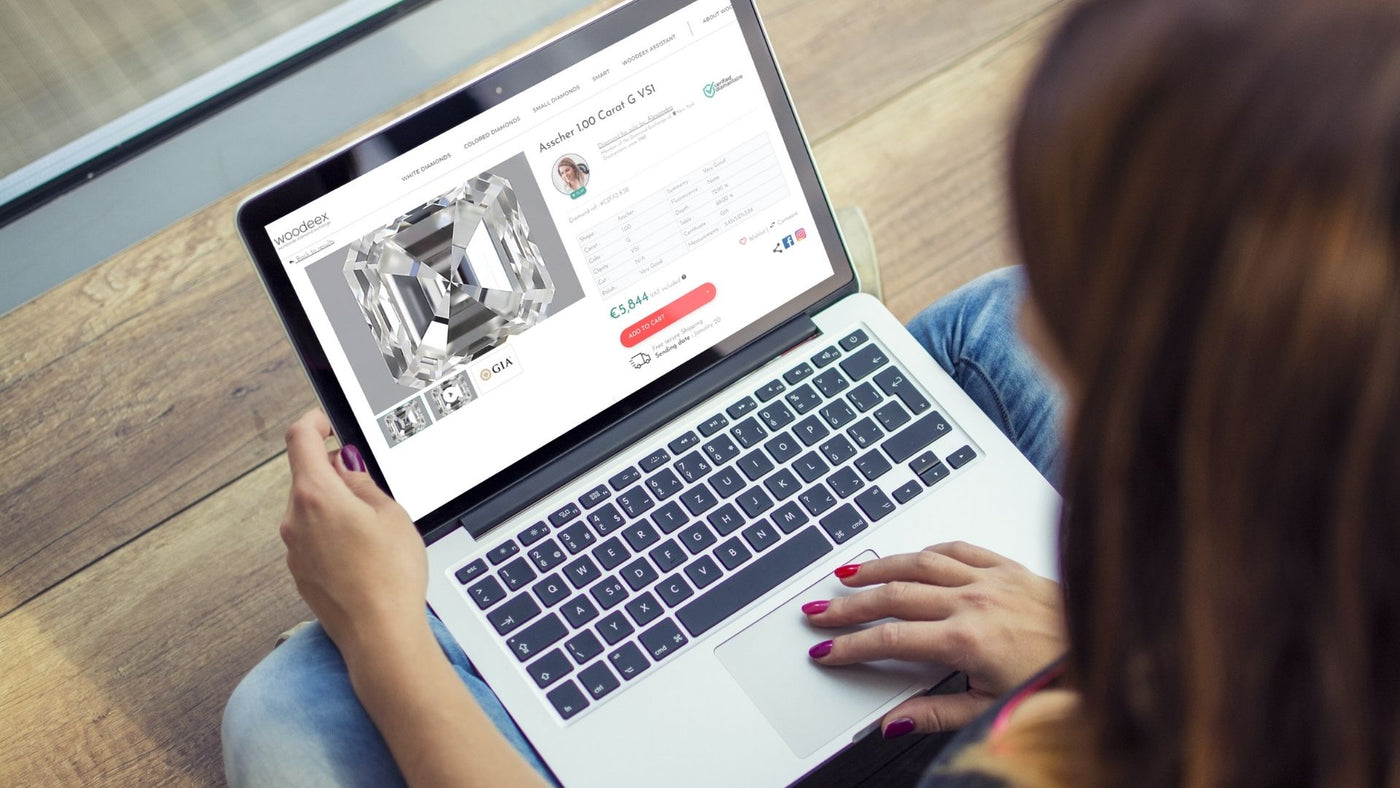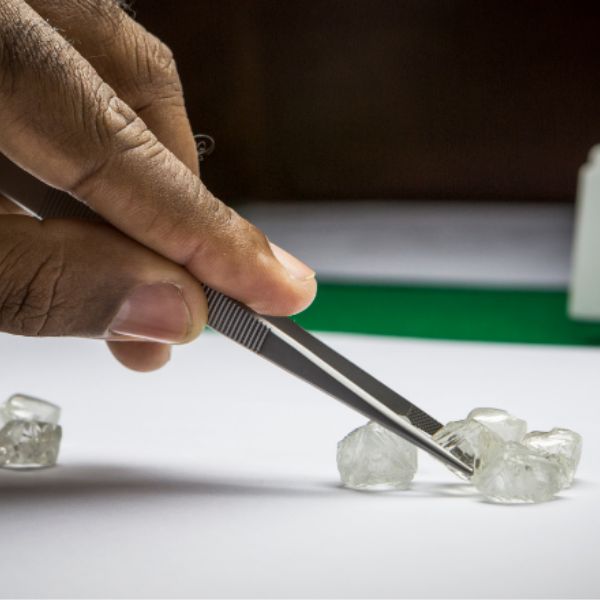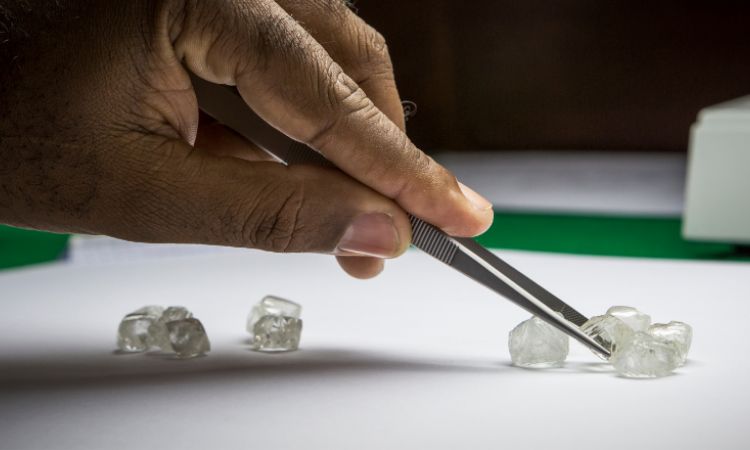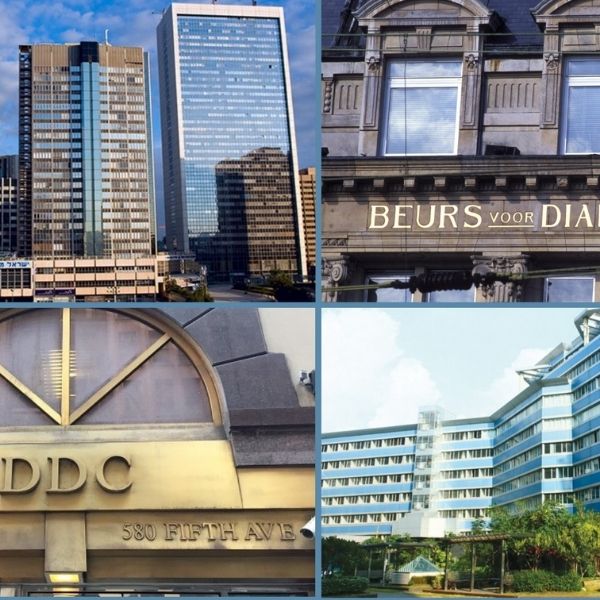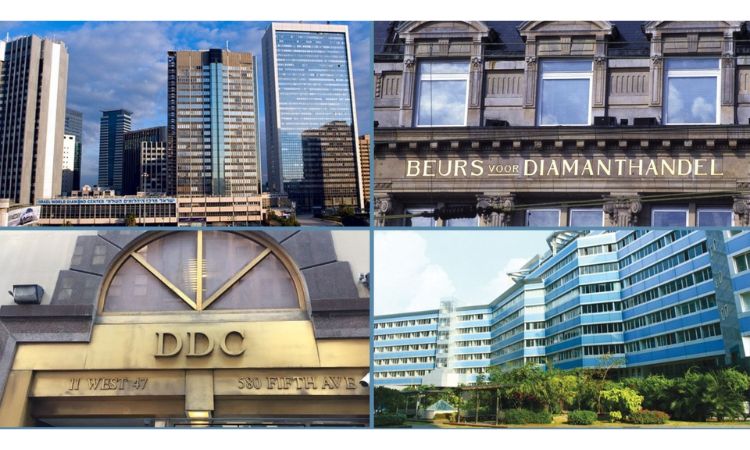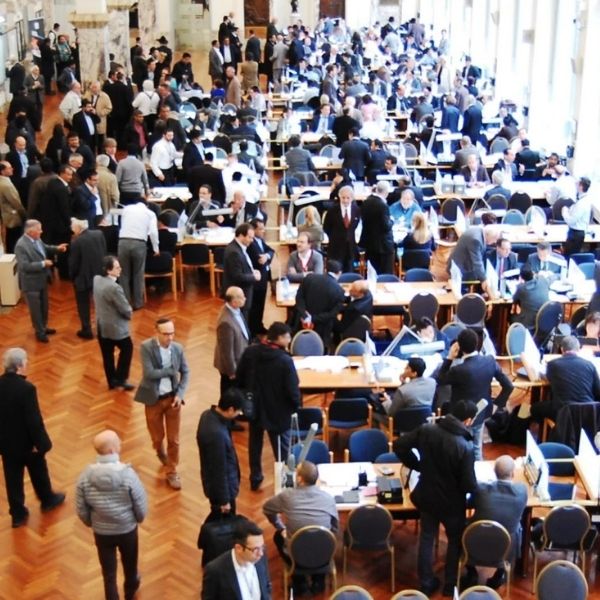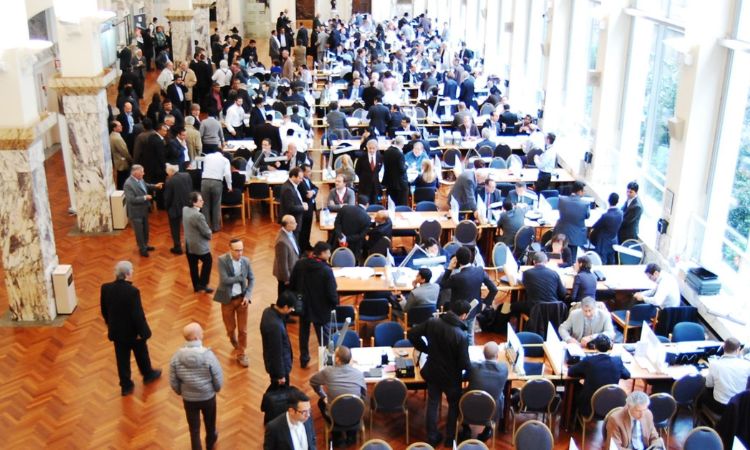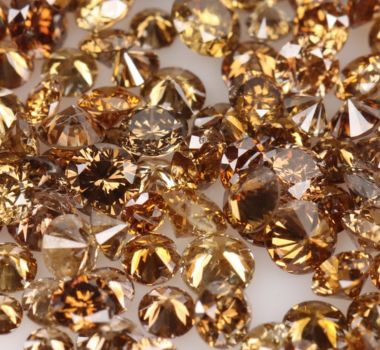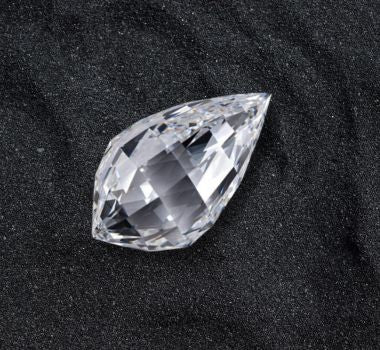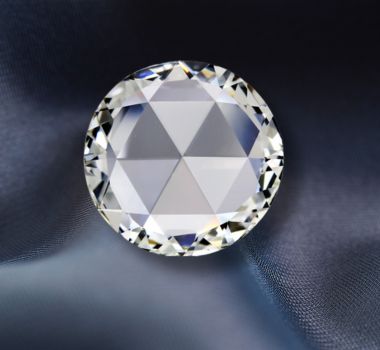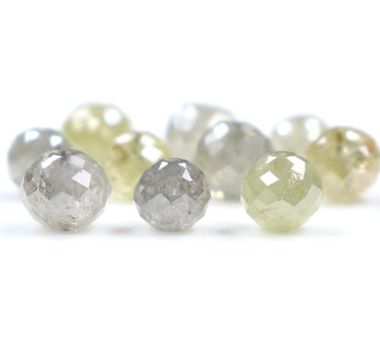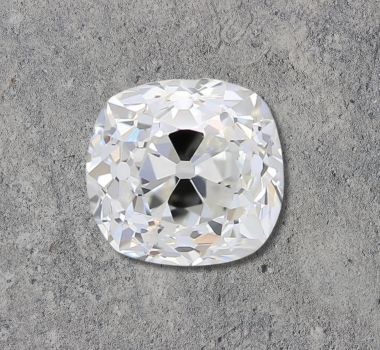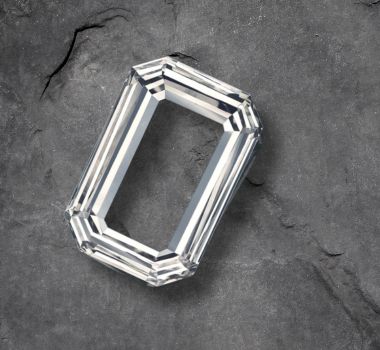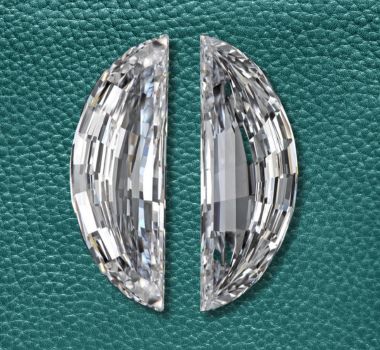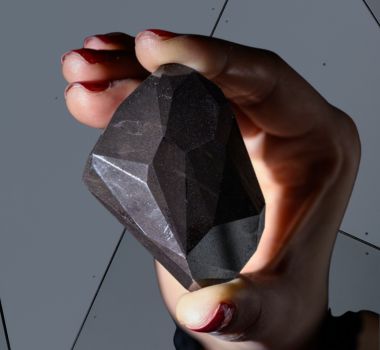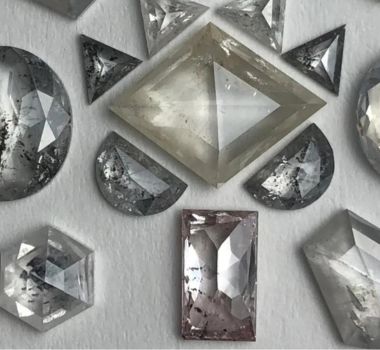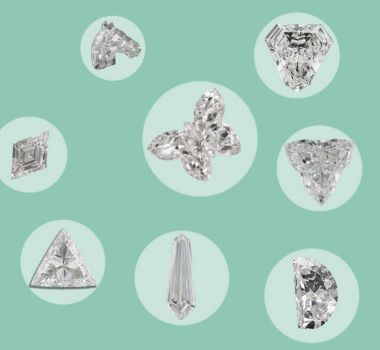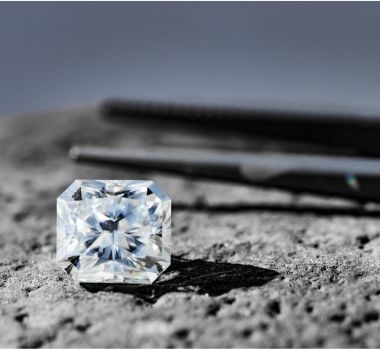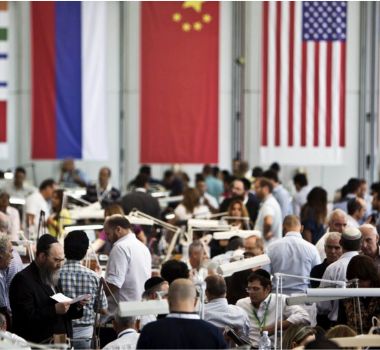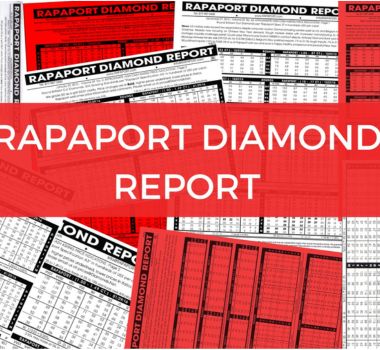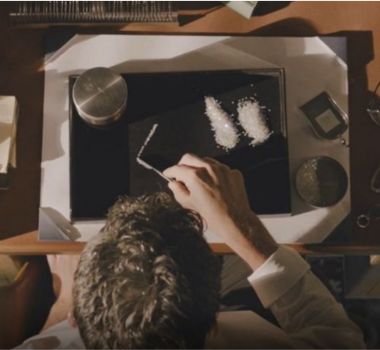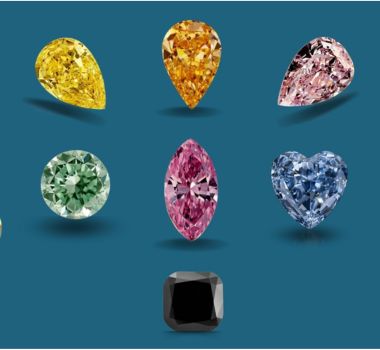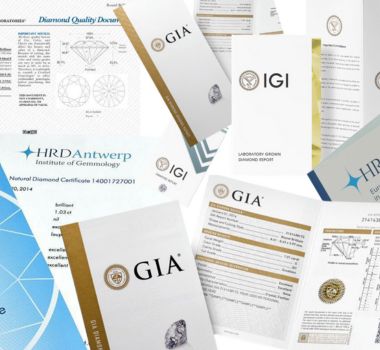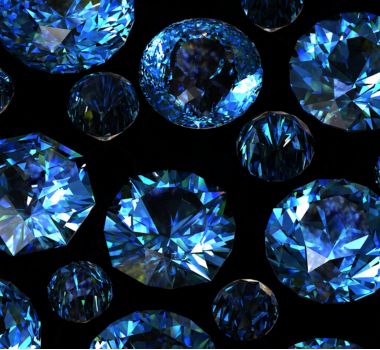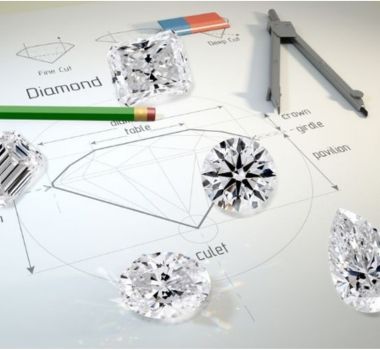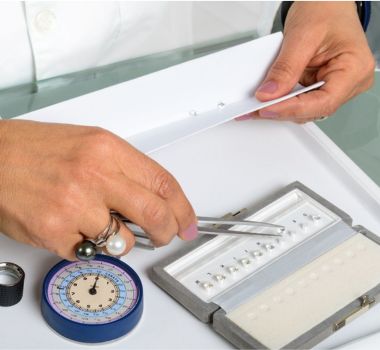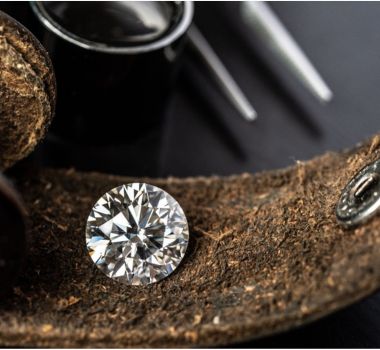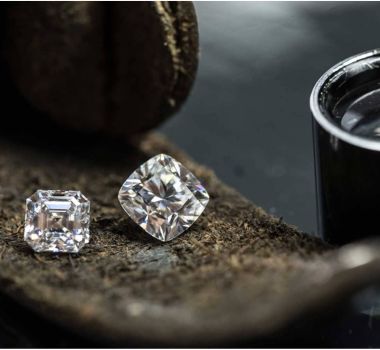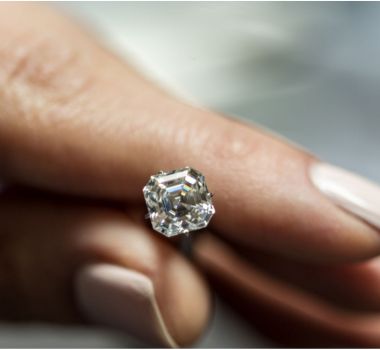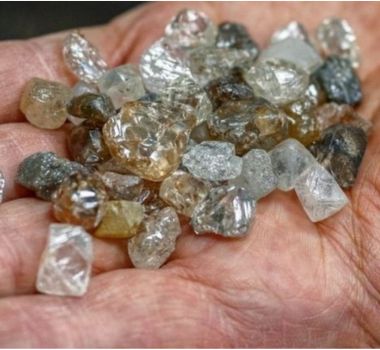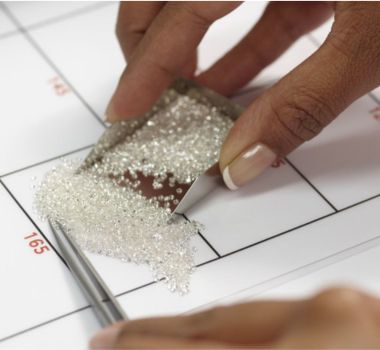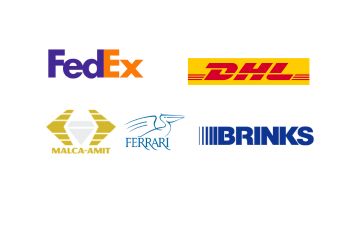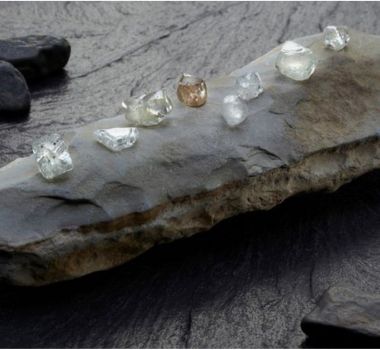
By the way, what is the Diamond Exchange?
When you wish to buy a polished diamond, there are several ways to proceed. You can go to the jeweler to choose your diamond and have it mounted or you can now, thanks to Woodeex, have direct access to the source of the supply chain of polished diamonds: the worldwide diamond exchanges. Thus, a very large choice of certified diamonds, selected for their ethical origins, becomes accessible to individuals who also benefit from the source’s prices, without the margins of the various intermediaries.
The Woodeex online platform offers direct access to diamantaires and their stocks from the world’s largest diamond exchanges before they continue on their way to the retail jewelers...
Let us, however, start with some clarifications about the diamond exchange, how it works and what it does.
The Diamond Exchange... where it all starts?
Only a few large mines in Africa, Russia and Australia contribute to the totality of diamond extraction and exploitation in the world. Most of the extracted stones, about 90%, are used as industrial diamonds and are mainly used as abrasives in drilling, cutting, grinding and polishing materials for different industries such as oil, automotive or armament. The remaining 10% of the world's finest gem-quality stones are shipped to the various world markets.
From the mines that extract the diamonds off the ground, the diamond exchange represents the very first step in the commercialization of diamonds, the starting point of this incredible industry. The diamond exchanges bring together a wide variety of diamonds offered by diamantaires from all over the world who must meet extremely strict selection criteria to gain access.
Where are the locations of the main diamond exchanges?
Of the 29 diamond exchanges around the world, only four major exchanges share a large majority of the polished diamond trade: Antwerp, New York, Tel Aviv and Mumbai. Others, such as those in Dubai and Hong Kong, are becoming increasingly popular. All the exchanges are grouped together within the World Federation of Diamond Bourses, whose mission is to set the framework and rules and to protect the interests of its members. It is also responsible for promoting diamonds internationally.
How does the Diamond Exchange work?
The diamond exchange is reserved for selected professional diamantaires and is governed by very strict trading and operating rules.
Not only does it have its own guidelines, but it also has its own judicial system for resolving any disputes between member diamantaires. The diamond exchange thus appears to be a place of choice, a guarantee of trust, security, know-how and high standards, a place for meetings and exchanges between diamantaires, brokers and manufacturers, wherein the individual has no place. The selection conditions of the diamantaires who have access to the diamond exchange follow extremely strict criteria.
What if we visited the Diamond Exchanges…
In the large buildings and ultra-secure architectural complexes in the heart of cities, trading is in full swing in the rules of art and in strict respect of traditional ways. Operations are only carried out verbally and validated by a handshake... If we drill through the mythical secret of these magical places, we will discover the daily life of thousands of experts gathered around a bustling trade. Regardless of whether you are in India, Belgium, Israel, the United States or elsewhere in the world, the exchanges all look pretty much the same. If you take a walk through the famous business district of Bandra, which houses the Bharat Diamond Bourse, or in the heavily guarded diamond district of Antwerp, in the magnificent architectural complex of Ramat Gan or at the Diamond Dealer Club in New York, you will discover that the diamond exchange is not an abstract concept as one might think, but the place where many specialists work and trade.
It is the place where each member diamantaire's office is located, as well as a trading floor, administrative offices, security services, maintenance services, restaurants and safe deposit boxes. These closed and highly supervised areas are reserved for a privileged audience: diamond manufacturers and wholesalers, brokers and some setters. They discuss, negotiate, and exchange pricesm as well as drinks and a few handshakes. The informal yet regulated aspect of the negotiations makes it a special institution.
It's not hard to imagine that such a high level of security requires flawless organization and surveillance. A badge is required for every entrance and exit. Visits by guests are subject to strict controls.
How does one become a member of the Diamond Exchange?
Although access to the diamond exchange remains the prerogative of privileged diamantaire, it is not without reason. A tough selection process and highly selective criteria are a guarantee of quality and trust. To become a member, it is necessary to follow a precise curriculum and to comply with all the stipulated requirements. Firstly, only diamantaires with a long experience in the diamond business, either on their own, or for an employer, are eligible for this distinction. The applicant must have a clean criminal record and must undergo a rigorous examination with numerous documents to be provided, and must go through a series of interviews, at the end of which they are subjected to a lie detector test. The new candidate must be recommended by several experienced diamantaires, provide financial guarantors who are ready to commit themselves to him/her and, if necessary, to pay his/her debts. He/she must also be a personal guarantor of all his/her assets. It is easy to understand that after having successfully passed these different steps, one can boast of being a member of a diamond exchange.
